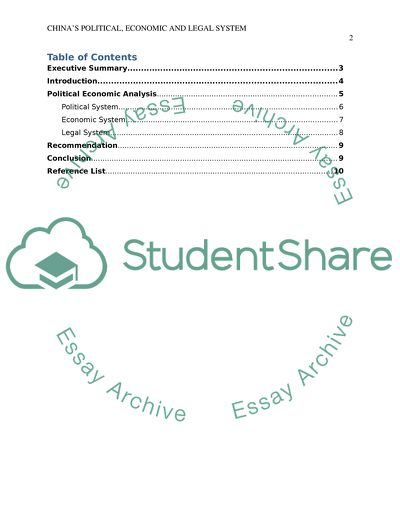Cite this document
(Chinas Political Economic and Legal System Case Study, n.d.)
Chinas Political Economic and Legal System Case Study. Retrieved from https://studentshare.org/macro-microeconomics/1698811-review-the-chinas-political-economy-political-economic-and-legal-systems-and-critically-discuss-the-countrys-attractiveness-or-otherwise-for-foreign-direct-investment
Chinas Political Economic and Legal System Case Study. Retrieved from https://studentshare.org/macro-microeconomics/1698811-review-the-chinas-political-economy-political-economic-and-legal-systems-and-critically-discuss-the-countrys-attractiveness-or-otherwise-for-foreign-direct-investment
(Chinas Political Economic and Legal System Case Study)
Chinas Political Economic and Legal System Case Study. https://studentshare.org/macro-microeconomics/1698811-review-the-chinas-political-economy-political-economic-and-legal-systems-and-critically-discuss-the-countrys-attractiveness-or-otherwise-for-foreign-direct-investment.
Chinas Political Economic and Legal System Case Study. https://studentshare.org/macro-microeconomics/1698811-review-the-chinas-political-economy-political-economic-and-legal-systems-and-critically-discuss-the-countrys-attractiveness-or-otherwise-for-foreign-direct-investment.
“Chinas Political Economic and Legal System Case Study”, n.d. https://studentshare.org/macro-microeconomics/1698811-review-the-chinas-political-economy-political-economic-and-legal-systems-and-critically-discuss-the-countrys-attractiveness-or-otherwise-for-foreign-direct-investment.


